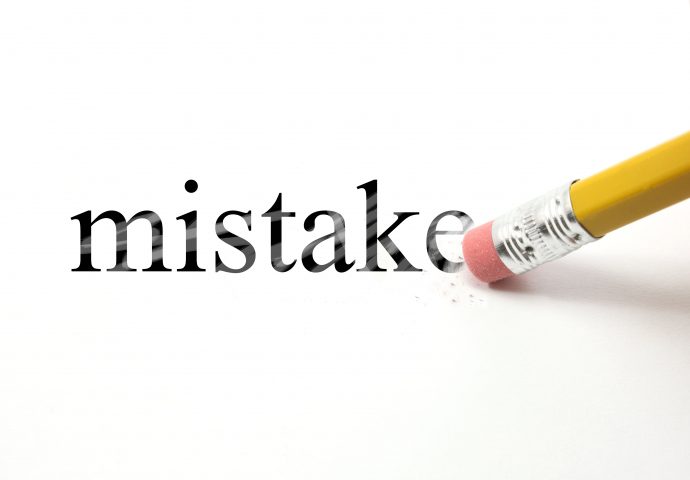Here is Laurie Higgins writing at the Illinois Family Institute:
Perhaps some remember the plethora of news stories a few years ago touting a 2012 research paper that purported to show that authoritarian personality types tend to be politically conservative. In a remarkable turn of events the researchers have admitted they made a monumental blunder—oh, wait, that’s what I said. They said they made a minor error. The minor error was that the data they analyzed suggested the exact opposite of what they claimed it did. The website Powerline describes this minor correction as the “epic correction of the decade.”
Three researchers, Brad Verhulst, Lindon J. Eaves, and Peter K. Hatemi, published their paper “Correlation not Causation: The Relationship between Personality Traits and Political Ideologies” in the American Journal of Political Science (as opposed to real science). Their paper was based on personality models developed by Hans Eysenck in the 1950’s and 1960’s.
The authors looked at data collected about three personality traits labeled P (a kinder, gentler euphemism for “psychoticism”), Neuroticism, and Social Desirability. The original paper stated this aboutP:
P is positively correlated with tough-mindedness, risk-taking, sensation-seeking, impulsivity, and authoritarianism….In social situations, those who score high on P are more uncooperative, hostile, [and] troublesome…. At the extremes, those scoring high on P are manipulative, tough-minded, and practical. By contrast, people low on P are more likely to be more altruistic, well socialized, empathic, and conventional. As such, we expect higher P scores to be related to more conservative political attitudes, particularly for militarism and social conservatism.
The hapless authors concluded that P correlated with political conservatism, and Neuroticism and Social Desirability (which is the desire to appear in a socially desirable light) correlated with political liberalism, when in fact, the data on which they based their analysis demonstrated the reverse. The data suggest that it is liberals who demonstrate “tough-minded authoritarianism” which manifests in support for liberal social and military policies. And those low P people who are more altruistic, well socialized, and empathic must be conservatives.
Their original paper also claimed that “People higher in Neuroticism tend to be more economically liberal…. That is, neurotic people are more likely to support public policies that provide aid to the economically disadvantaged (public housing, foreign aid, immigration, etc).” In other words, the authors originally claimed that data suggests liberals are more likely to support public policies that help the disadvantaged, whereas, in reality, the data suggest that conservatives are more likely to support such policies.
Read more: Illinois Family Institute
Image credit: Shutterstock.

